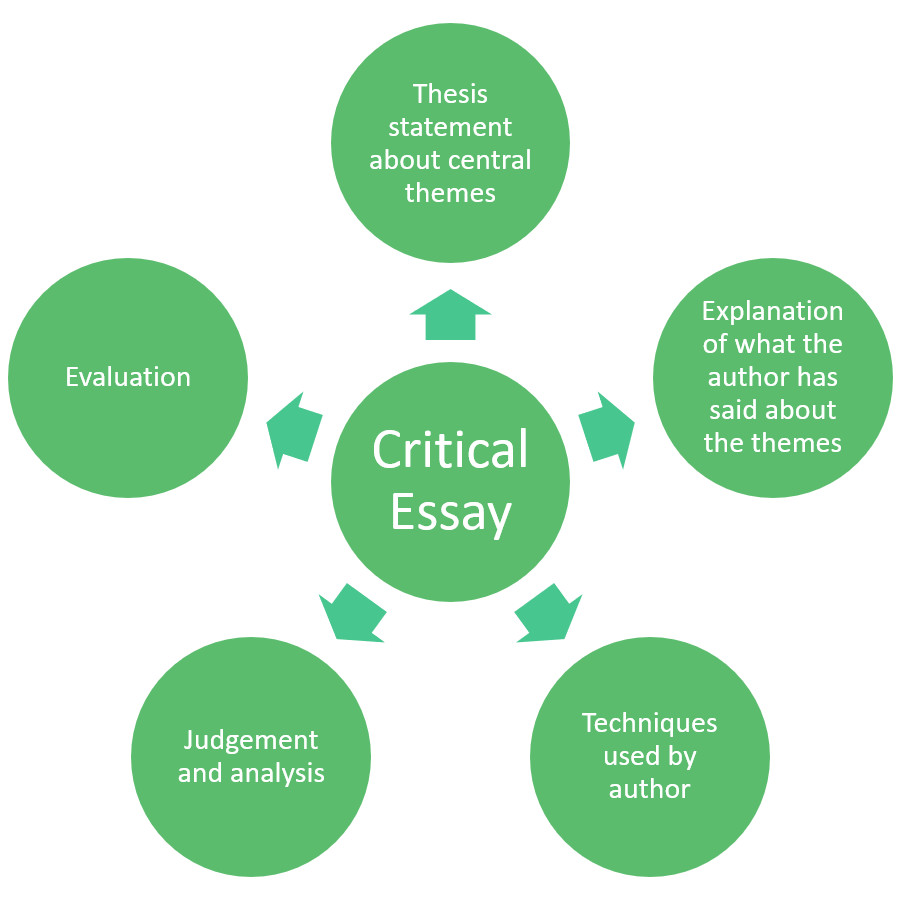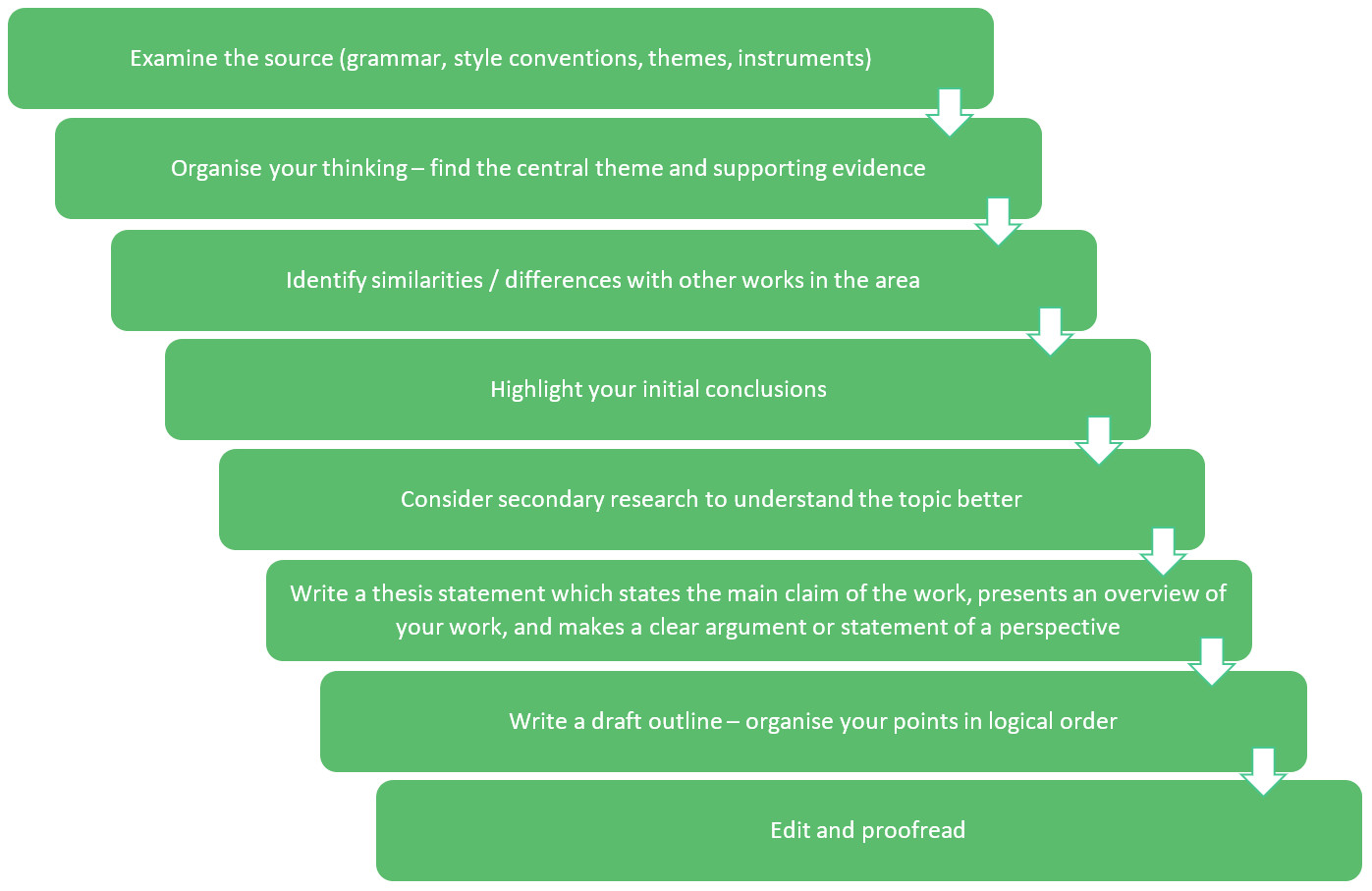When students are asked to write a ‘critical essay’, they often think that they need to be overly negative. Or that need to rip apart other people’s ideas…
But STOP! You don’t need to be pessimistic or cynical when writing a critical essay.
In fact, a good ‘critical essay’ shows that you’ve considered the topic in a lot of depth and arrived at your own, well-reasoned conclusions. When approached in this way, critical essays are actually enjoyable to write! In this article, you’ll learn how to approach your next critical essay like a pro!

When you have a critical essay assignment, this means your paper should be academically accurate and present a clear, coherent, well-supported and logical argument. In essence, your paper should demonstrate that you have read and understood all sources and themes and objectively evaluated the presented evidence. In addition, that you are able to present your arguments in a logical way and that you can use the relevant sources appropriately to back up your reasoning and conclusion.
Writing a Critical Essay
Now that you have understood what a critical essay actually means, you can take steps to ensure a professional, well-written paper.
Step One: Analysis and Evaluation
Analysis means simply breaking down and examining each part of the work, and its central themes and arguments. Evaluation means your assessment of the strengths and weaknesses of the arguments and evidence presented by the author. In effect, the first stage is therefore to read through the work to be assessed, identify the key themes and arguments, and identify how you will agree or disagree with these and what sources you will use to back up your findings.
Step Two: Deliver a Thesis Statement
This means a clear expression of the central claims you are making in regard to the work being evaluated which you will then support with evidence. Be brave, be bold and be specific!
Instead of saying something like ‘this essay evaluates the effects of caffeine on motivation’, you could say ‘this essay argues that caffeine can significantly enhance motivation, but only when consumed in moderation’.
Step Three: Create your body paragraphs.
Each paragraph should deal with a separate point but be linked together to ensure your essay is cohesive and logically presented. The structure of the paragraph should be to make your point /argument, then back it up with evidence in the form of statistics, references, images, or quotations. You should ensure you use only viable, credible sources to back up your argument and reference these clearly at the end of your work. It is important when writing a critical essay to recognise that you are basing your findings on clear, objective analysis and evaluation, and not simply indicating your own opinion. It is fine to have a clear opinion on the work you are evaluating, but this should be based on clear demonstration of an analytical and evaluative approach to the work.
Step Four: Write a Conclusion.
Your conclusion should draw together all the arguments made in your body paragraphs, referring back to your initial thesis statement, but not presenting any new information. The aim is to sum up everything you have made and demonstrate clearly that your thesis statement is correct and that you have clearly and objectively evaluated the work under review. In particular, you should ensure that you have demonstrated knowledge of the topic area, key works in the field and how these agree or disagree with your assessment of the work. You might even plant a residual seed in your reader’s mind suggesting pathways for further research. Or, even better, ask to invite the reader to consider their own opinion on the topic of debate.
In simple stages, here is how to write a critical essay

Critical essays demonstrate your ability to take information, analyse and evaluate the core message being presented and form an opinion based on examination of other viewpoints and draw a conclusion about the validity, strength and weakness of the paper being considered.
Key Phrases for a Critical Essay
To help you express your arguments in an authoritative voice, we have put together some key phrases that can help when structuring your work.
- Aspects of the work suggest that…
- The proposal is therefore that…
- The evidence presented supports the view that…
- The evidence presented however overlooks…
- Whilst the author’s view is generally accurate, it can also be indicated that…
- Closer examination suggests….